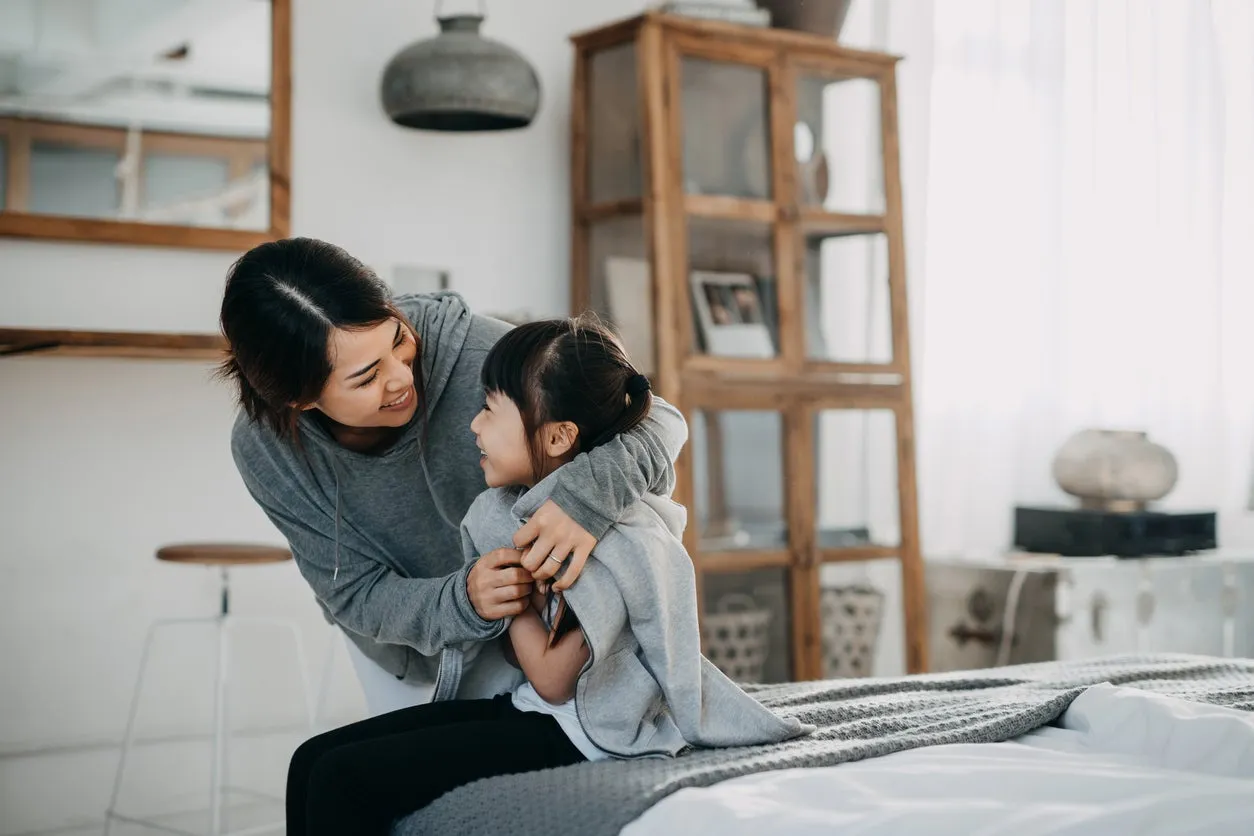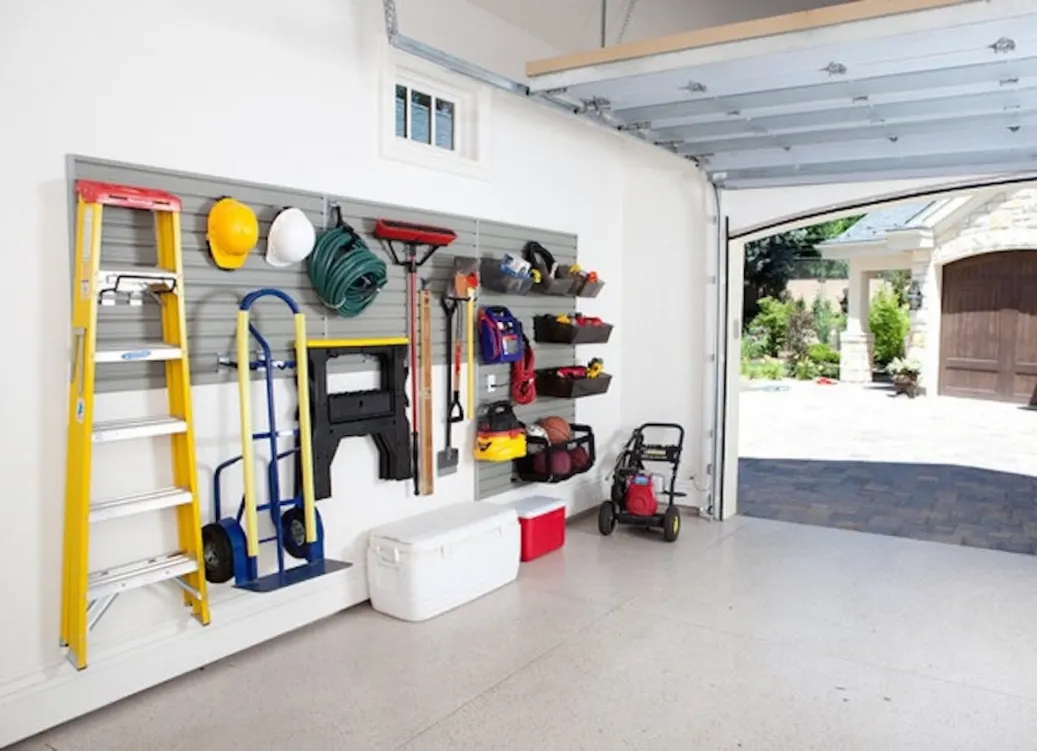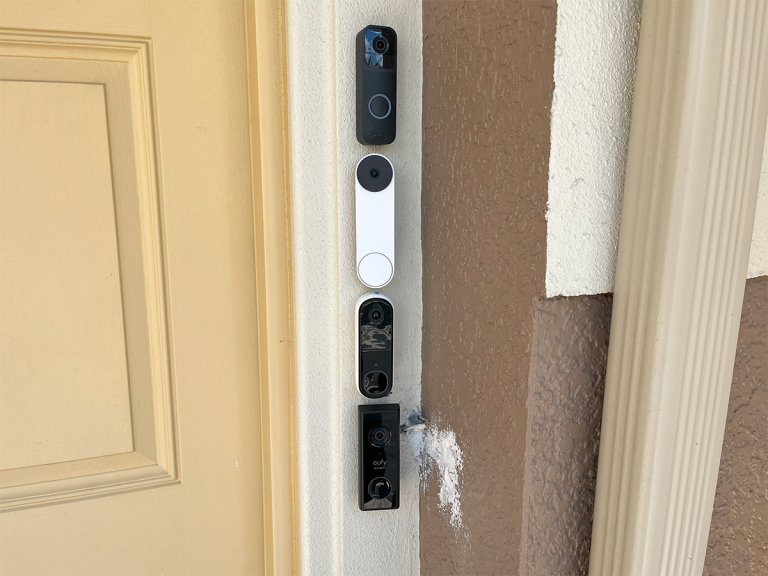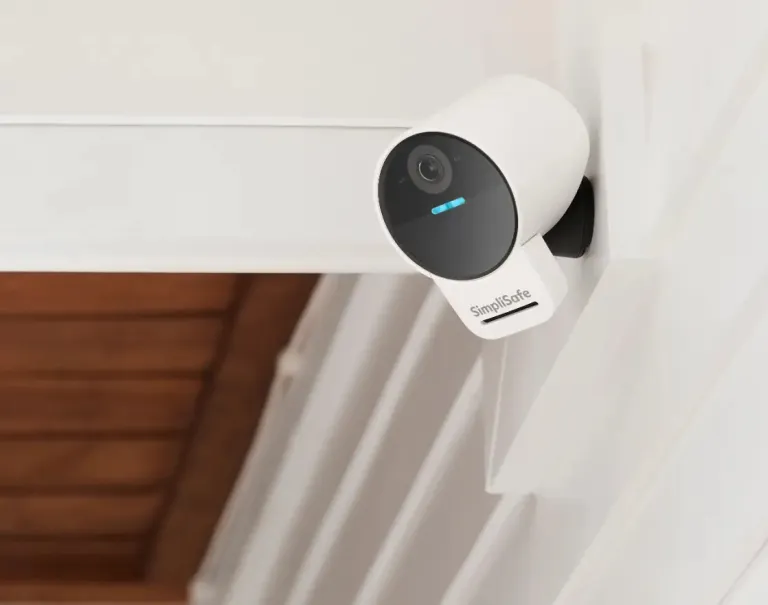Thinking about hardwood floors for your home? You’re not alone. Hardwood flooring has long been one of the most popular choices among homeowners—and for good reason. It looks beautiful, adds value to your home, and has a timeless charm that many people love. Walking barefoot on polished wood, enjoying the natural grains and warm tones, can really make a space feel cozy and inviting.
But here’s the thing: hardwood floors aren’t always the perfect fit for every home or lifestyle. While they have plenty of benefits, there are some important downsides and challenges that often get overlooked until after installation. Hardwood isn’t just about how it looks—it’s about how it fits into your daily life, your budget, and your needs.
Before you spend your hard-earned money on hardwood flooring, it’s smart to take a step back and ask yourself some tough questions. Are hardwood floors easy to maintain? How do they stand up to pets or kids? Are they comfortable for standing long hours? What about noise, temperature, or even dust? And how much will they really cost you—not just to install, but to keep looking good over time?
The truth is, hardwood floors require ongoing care. Scratches, dents, and water damage can happen more easily than you might expect. They can be cold underfoot, noisy, and sometimes even a little slippery. If you’ve got pets or kids, you might find yourself worrying about marks and messes. And if you want your floors to stay flawless without extra cleaning or repairs, hardwood might feel like a lot of work.
On the flip side, other flooring options—like carpet, vinyl, or tile—might better suit your lifestyle and budget. These alternatives often offer easier maintenance, more comfort, or better noise control.
In this article, we’re going to explore 11 key reasons why hardwood flooring might not be the right choice for your home. This isn’t about bashing hardwood—it’s about helping you make the best decision for your unique needs. After reading this, you’ll have a clearer picture of what flooring will work best for you, so you can avoid surprises and find the perfect fit for your space.
Ready? Let’s dive in!
1. They’re Not in Your Budget
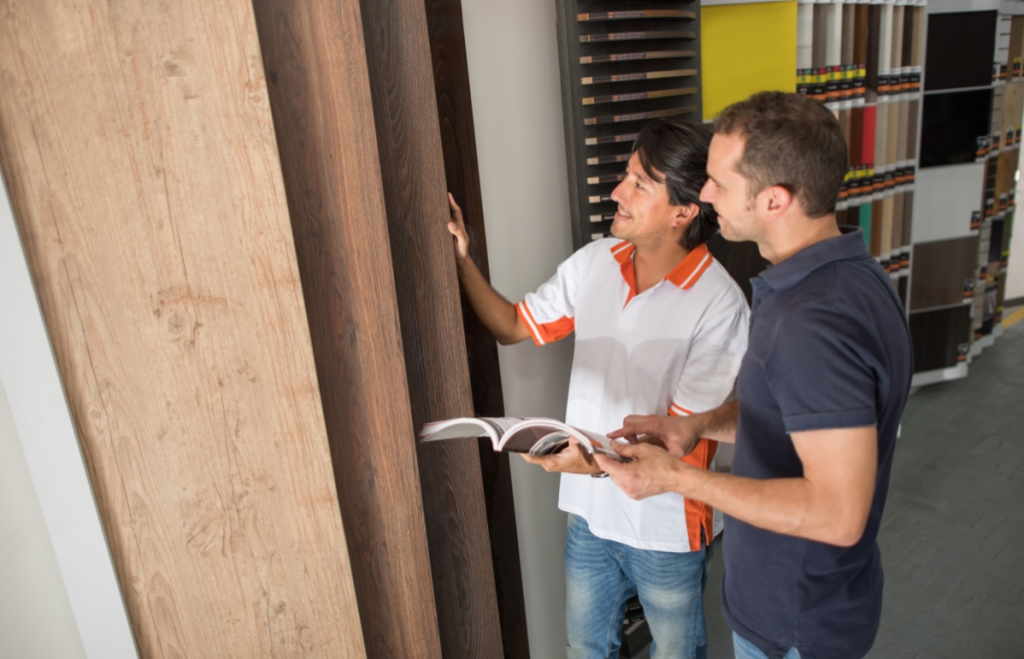
One of the biggest reasons people skip hardwood floors is the cost. Hardwood flooring can be expensive—not just to buy, but also to install. Compared to options like carpet, vinyl, or tile, hardwood usually has a higher upfront price.
- Carpet is often cheaper and easier to install.
- Vinyl flooring offers a budget-friendly, durable alternative.
- Tile can be cost-effective depending on the type.
If you’re working with a tight budget, hardwood might stretch your finances too far.
2. You Have Pets

Pets and hardwood don’t always get along well. Dogs and cats with sharp nails can scratch and damage hardwood floors easily. Even well-meaning pets can cause wear and tear.
- Hardwood floors can show scratches and dents.
- Spilled water or accidents can cause stains or warping.
- Some pet owners find they spend extra time and money repairing floors.
If you love your furry friends but want floors that stay looking fresh, hardwood might not be the best choice.
3. You Have Kids
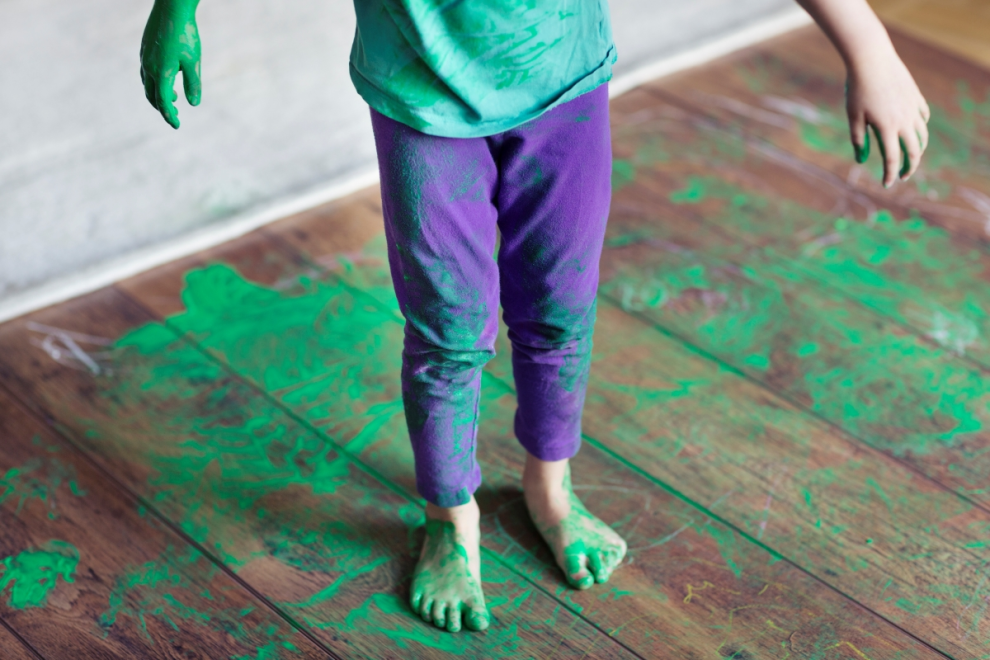
Kids bring energy, messes, and toys that can take a toll on floors. Hardwood can be easily scratched by toys or damaged by spills. Running, jumping, and dropping things happen daily in homes with children.
- Kids’ play might leave marks on hardwood.
- You may need to refinish floors more often.
- Carpets or softer flooring might be safer and quieter for playtime.
If your home is full of little ones, you might want to consider more kid-friendly flooring options.
4. You Don’t Want the Maintenance
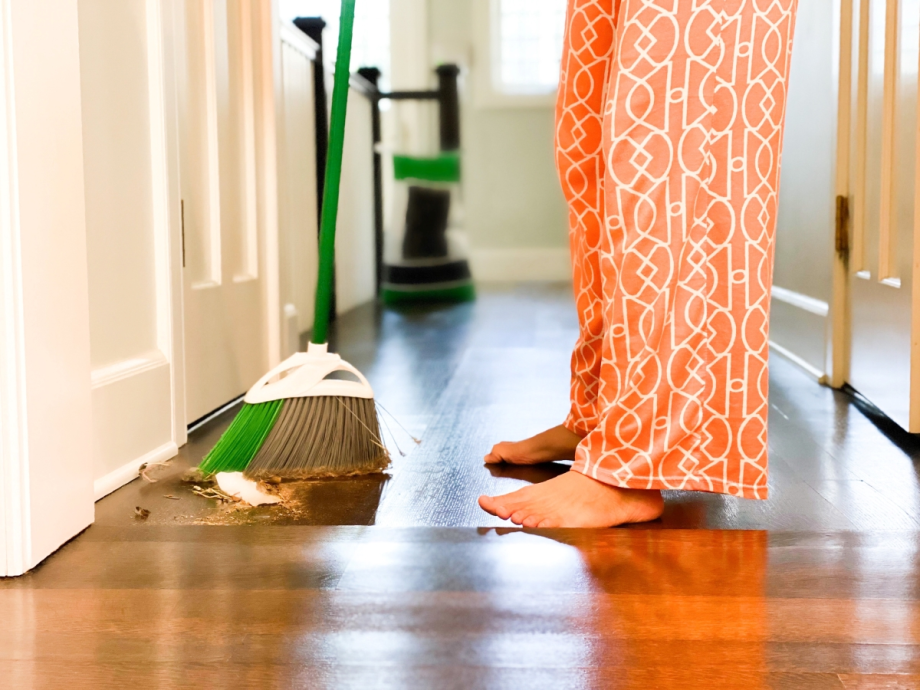
Hardwood floors need regular care to keep their shine. Dusting, sweeping, and special cleaning products are often required. Plus, you might need to refinish or reseal them every few years to keep them looking new.
- Hardwood doesn’t do well with harsh chemicals or excess water.
- Scratches and dents can build up without proper upkeep.
- Maintenance can be time-consuming and sometimes costly.
If you want flooring that’s easy and low maintenance, hardwood may not be your best bet.
5. You Need Some Soundproofing
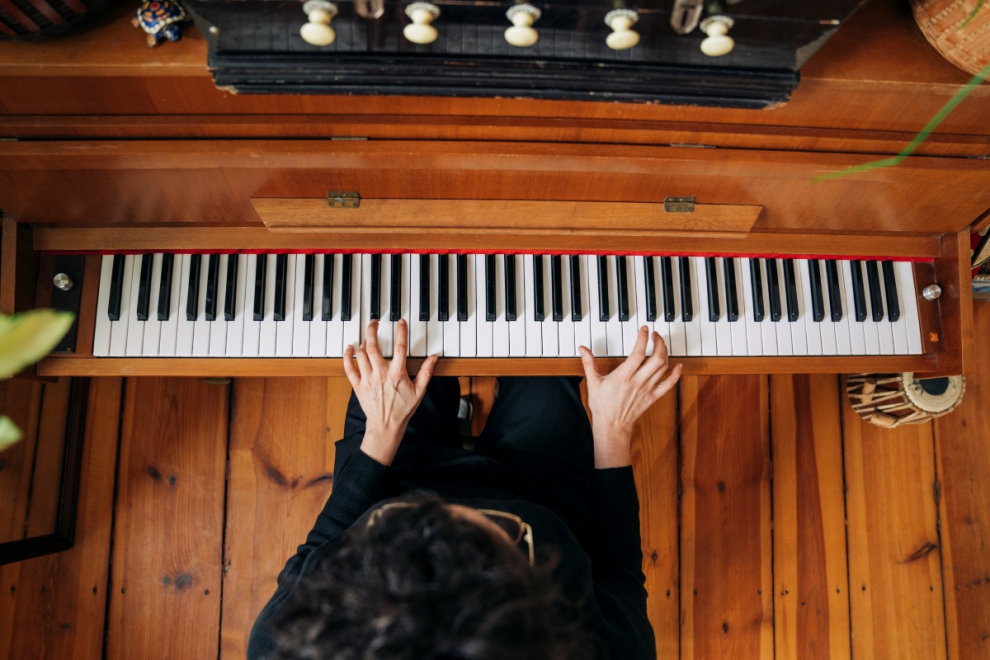
Hardwood floors can be noisy. They don’t absorb sound well, which means footsteps, dropped items, and moving furniture can echo loudly.
- If you live in an apartment or multi-story home, this can bother neighbors or family.
- Carpet or cork floors offer better sound absorption.
- You might need to add area rugs and padding to soften the noise.
If noise control is important to you, hardwood floors might not be ideal.
6. Your Joints Can’t Take the Stress

Hardwood floors are hard surfaces, literally. For people with joint problems, arthritis, or those who spend a lot of time standing, hardwood can feel tough on the feet, knees, and back.
- Softer floors like carpet or cork can be gentler on your body.
- Hardwood doesn’t offer much cushioning or give.
- Consider your comfort if you have health concerns.
If comfort is a priority, hardwood might not be the friendliest choice.
7. Hardwood Floors Feel Overdone
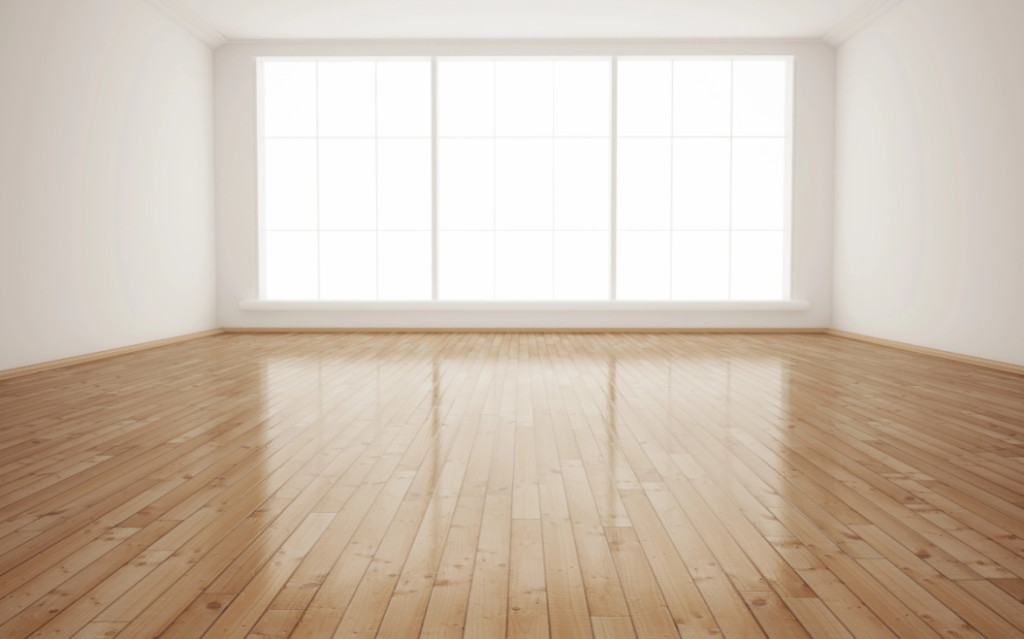
Hardwood flooring is very popular and classic, but sometimes that can make it feel a bit too common or “overdone.” If you want your home to stand out or have a unique vibe, you might want to explore other flooring styles.
- Carpet offers cozy and colorful options.
- Vinyl and tile come in countless designs and patterns.
- Unique flooring can add character and personality.
If you want something different or less traditional, hardwood might feel a bit boring.
8. They Will Squeak
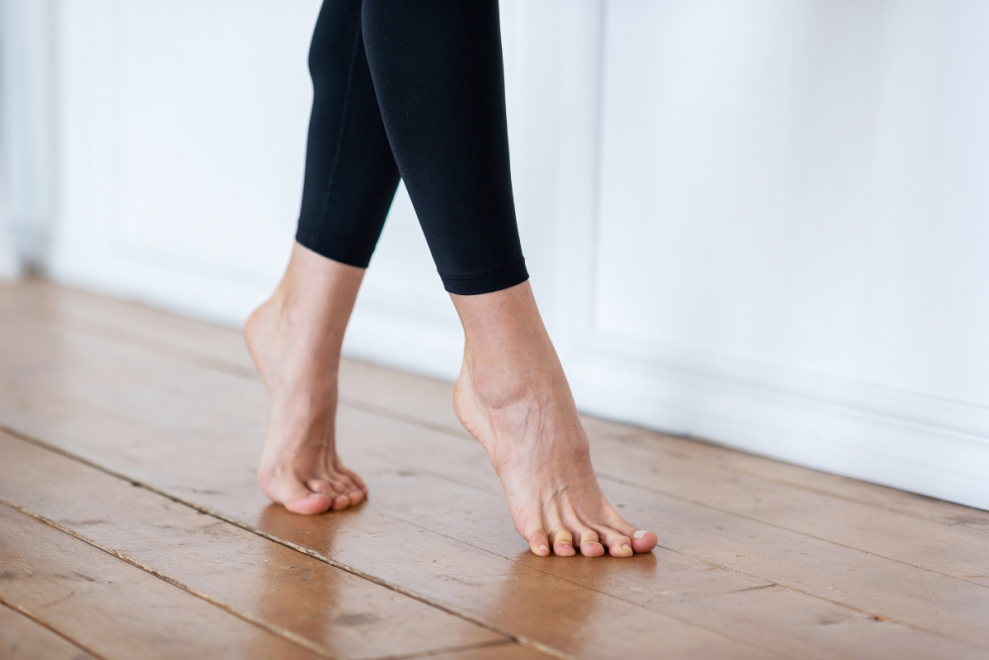
A common complaint about hardwood floors is that they can develop squeaks over time. Changes in humidity, wood expansion and contraction, or loose nails can cause annoying noises.
- Squeaky floors can be distracting or embarrassing.
- Fixing squeaks often means repairs that can be tricky or expensive.
- Newer installations can avoid this, but it’s still a risk.
If quiet, noise-free floors matter to you, consider alternatives.
9. They’re Cold Underfoot
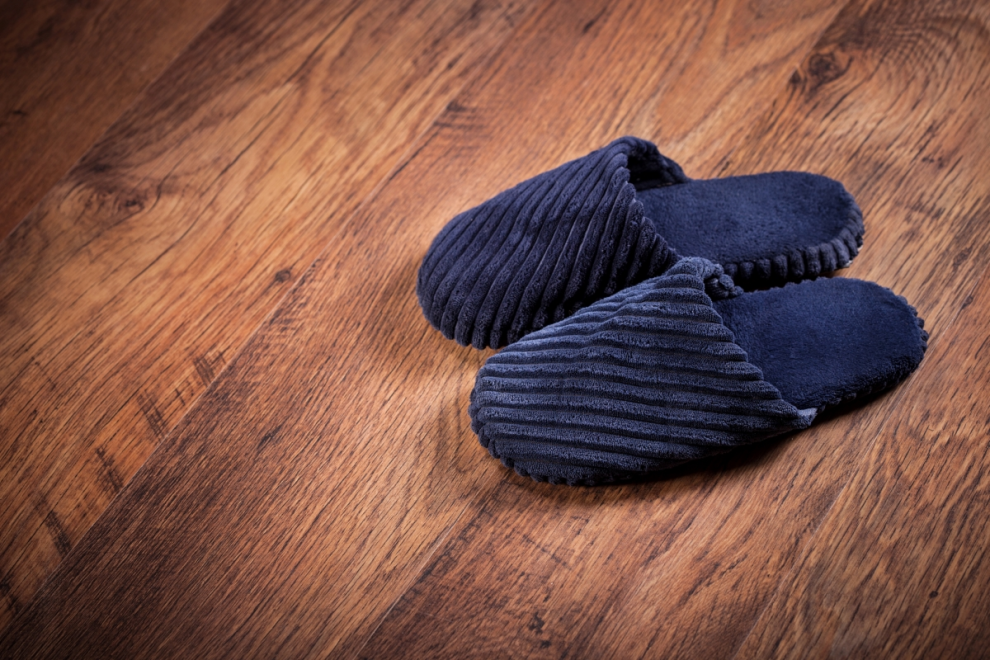
Hardwood floors tend to feel cold, especially in winter. Unlike carpet, which holds warmth, hardwood can leave your feet feeling chilly.
- You might need area rugs or slippers to stay comfortable.
- Radiant floor heating can solve this, but it adds to the cost.
- Cold floors can be uncomfortable in colder climates.
If you want warm, cozy floors, hardwood might not fit your needs.
10. You’ll Have a Ton of Dust Bunnies
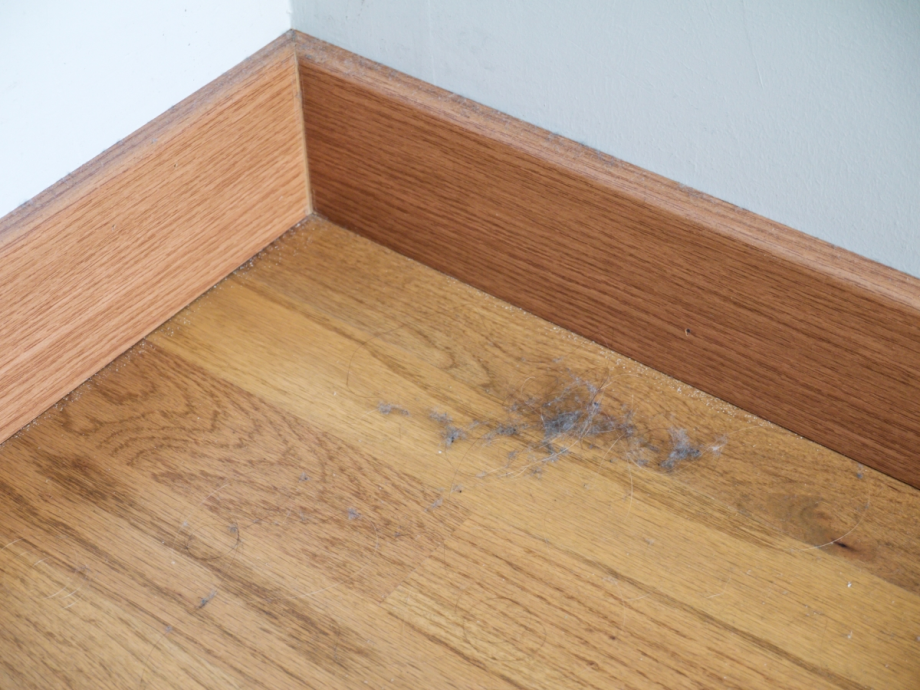
Hardwood floors show dust, dirt, and pet hair more easily than carpet. You’ll need to clean regularly to keep them looking neat.
- Dust can accumulate in cracks and grooves.
- Sweeping or vacuuming frequently is required.
- If you have allergies, hardwood can actually help since it doesn’t trap allergens like carpet—but it also means cleaning more often.
If you prefer low-visibility of dust or less frequent cleaning, hardwood might be a challenge.
11. You’re Not Into Area Rugs
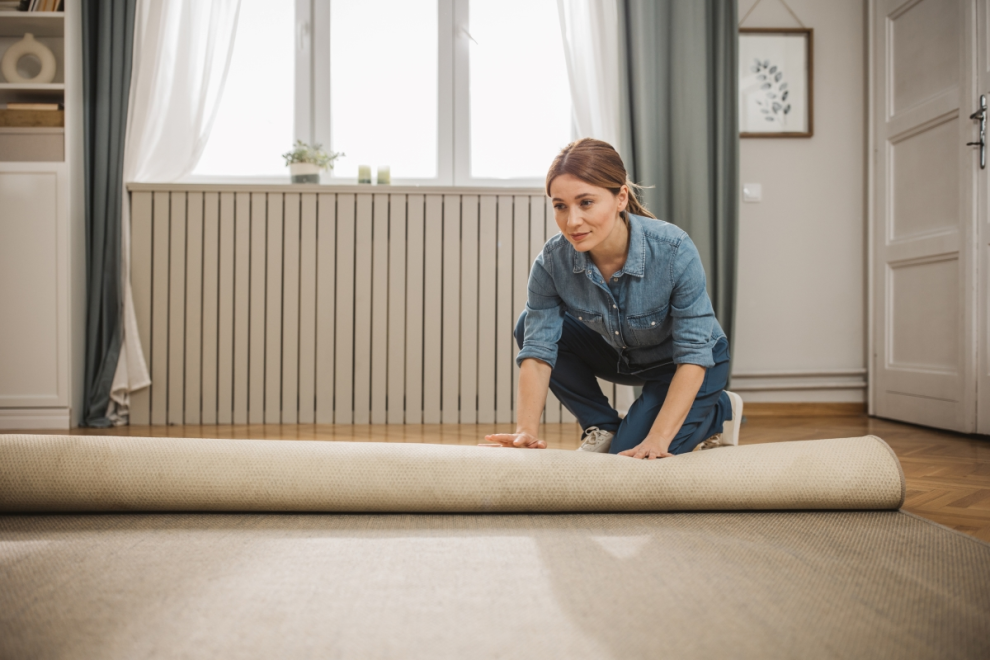
Because hardwood can be cold, noisy, and hard on joints, many homeowners rely on area rugs for comfort and style. But if you’re not a fan of rugs or want open, uninterrupted floors, hardwood may not be practical.
- Rugs can hide the beauty of your hardwood floors.
- Some people dislike the extra cleaning rugs require.
- Not using rugs means dealing with all hardwood’s drawbacks directly.
If you want your floors bare, you might want to think twice about hardwood.
Final Thoughts
Hardwood flooring often gets a lot of praise for its beauty, durability, and timeless appeal. It can truly transform a room and increase your home’s value. But as we’ve seen, hardwood isn’t always the right choice for every home or lifestyle. It’s important to look beyond the surface and think about how hardwood floors will fit into your daily life, your budget, and your personal needs.
If you have pets or kids, hardwood floors can mean extra worry about scratches, dents, and spills. If you’re on a tight budget, the upfront cost and ongoing maintenance can add up quickly.
Hardwood can be noisy, cold, and sometimes hard on your feet and joints, especially if you spend a lot of time standing or walking around. Plus, if you prefer low-maintenance floors or don’t want to deal with constant cleaning and upkeep, hardwood may not be the easiest choice.
On the other hand, other flooring options like carpet, vinyl, or tile might offer the comfort, soundproofing, or affordability you’re looking for.
Carpet, for example, provides softness and warmth that hardwood can’t, while vinyl can mimic the look of wood but resist scratches and moisture better. Tile flooring is durable and easy to clean, though it also shares some of hardwood’s coldness.
Ultimately, the best flooring is the one that suits your lifestyle, needs, and preferences—not just the one that looks good in magazines or on showroom floors. Take the time to consider how you live, what you value, and how much effort you want to put into maintenance. That way, you’ll find the flooring that feels like home for you.
Hardwood floors can be beautiful—but they’re not perfect for everyone. By weighing these factors carefully, you can make a confident, informed decision that you’ll be happy with for years to come.



